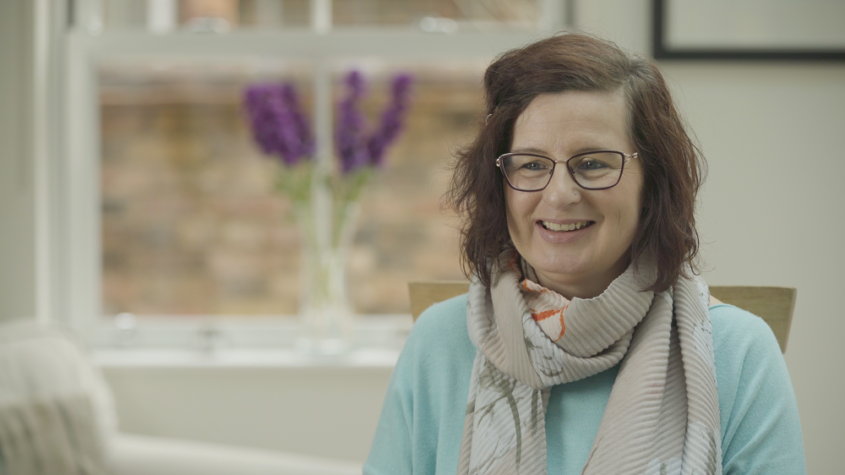NICE guideline 6: Managing diet and pancreatic cancer
NICE guideline about managing problems with diet and digestion
Read all the NICE guidelines for pancreatic cancer
- NICE guidelines for diagnosing and managing pancreatic cancer
- NICE guideline 1: Diagnosing pancreatic cancer
- NICE guideline 2: Specialist pancreatic multidisciplinary teams
- NICE guideline 3: Working out how far pancreatic cancer has spread
- NICE guideline 4: Emotional (psychological) support for pancreatic cancer
- NICE guideline 5: Managing pain and pancreatic cancer
- NICE guideline 6: Managing diet and pancreatic cancer
- NICE guideline 7: Relieving a bile duct or duodenum blocked by pancreatic cancer
- NICE guideline 8: Managing resectable (operable) and borderline resectable pancreatic cancer
- NICE guideline 9: Managing pancreatic cancer that can’t be removed with surgery
6.1 If you have pancreatic cancer that can’t be removed with surgery, you should be offered pancreatic enzyme supplements such as Creon® or Nutrizym® to manage problems with diet and digestion.
6.2 If you are having surgery to remove pancreatic cancer, your doctor should assess whether you need pancreatic enzyme supplements before and after your surgery.
6.3 Fish oil supplements shouldn’t be used to help manage weight loss for people with inoperable pancreatic cancer.
There has been some research looking at fish oil supplements for managing weight loss, but there is no evidence that it works.
6.4 If you have had a Whipple’s operation or pylorus-preserving pancreaticoduodenectomy and are able to eat, you should be given food soon after the operation. You should have food either orally (by mouth) or through a feeding tube, rather than through a tube into a vein (parenteral feeding).
Problems with your digestion?
If you have problems with you diet or digestion, speak to your doctor, nurse or dietitian.
You can also speak to our specialist nurses on our free Support Line.

Published: August 2018
Review date: August 2023

